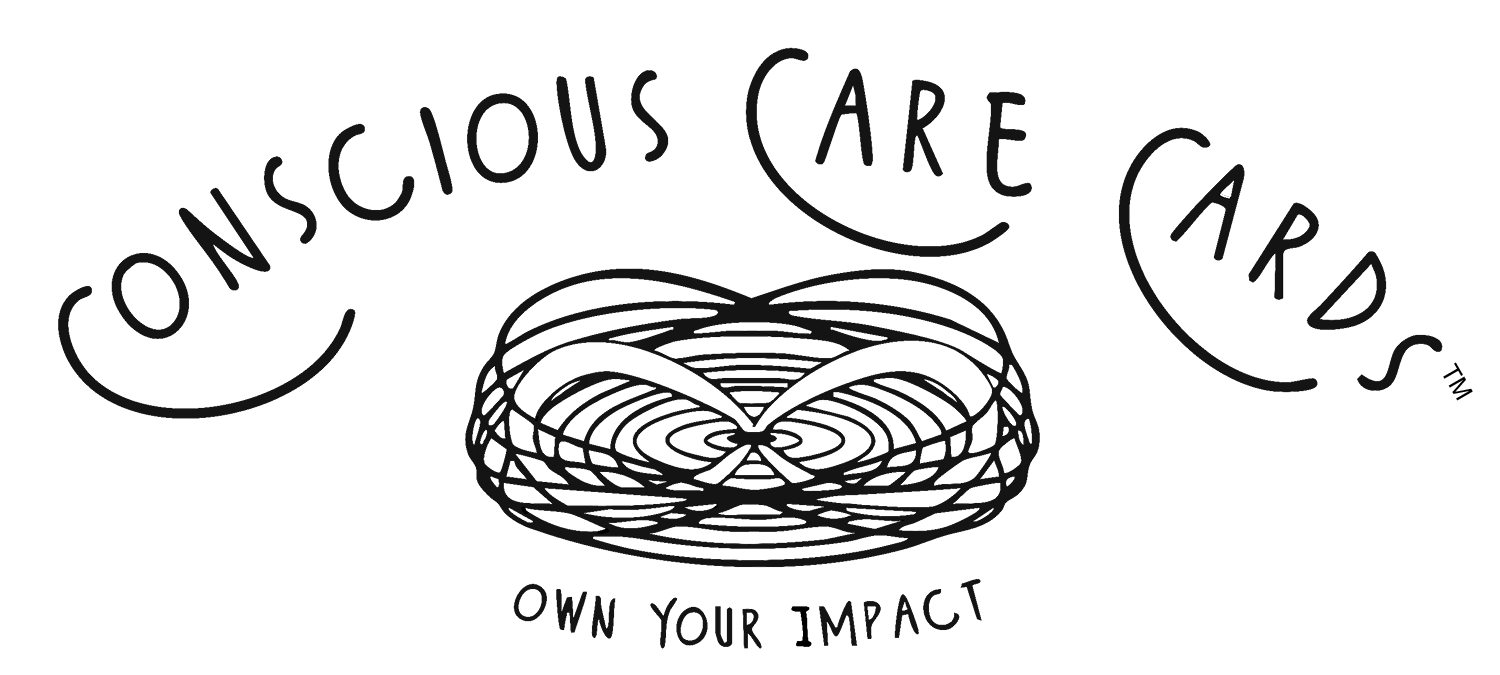Have questions?
We have answers.
-
Conscious Care Cards are designed for children ages 5–11, with adaptable activities that grow with your child. Younger children may need more guidance, while older children can take a more active role in discussions and reflections.
-
No! You don’t need to be a therapist, teacher, or parenting expert to use these cards. Each card is designed with simple, science-backed activities that make emotional growth accessible for every parent and caregiver.
-
These cards use current research to build emotional intelligence, resilience, and communication skills, helping children:
✔ Understand and express their feelings
✔ Develop coping strategies for stress and frustration
✔ Strengthen their relationship with you
✔ Build confidence and social skills for lifelong success
-
It’s easy! Simply pick a card, follow the simple instructions, and engage in a meaningful activity with your child.
-
That’s completely normal! The key is to keep it playful and pressure-free. Try letting them pick a card themselves or casually introduce an activity while doing something they enjoy (like coloring or playing outside). Over time, they’ll become more open to the experience.
-
Yes! Many activities focus on self-regulation, calming techniques, and emotional expression, helping children learn to process their big feelings in healthy ways—instead of shutting down or acting out.
-
Even in strong relationships, emotional skills need practice and reinforcement. These cards provide intentional moments of connection that strengthen trust, communication, and emotional intelligence—giving your child tools they’ll carry into adulthood.
-
Yes! These activities are designed to reduce stress, improve coping skills, and create a sense of emotional safety. While not a replacement for professional therapy, they are an excellent complement to counseling or social-emotional learning.
-
There is nothing on the market like Conscious Care Cards. They are therapist curated, bite-sized activities to do NOW:
Science-backed – Rooted in research on child psychology, attachment theory, and emotional intelligence
Easy to use – No prep required, just grab a card and go!
For both parent & child – Strengthens your child’s emotional skills while also supporting your own
Designed for real life – No complicated steps, just simple tools that fit into your busy routine
-
Absolutely! The emotional intelligence, problem-solving, and communication skills developed through these activities will help your child navigate friendships, school challenges, and even adulthood with confidence and resilience. They will have a happier life!
-
Nope! These cards are designed to be flexible. You can shuffle, pick based on your child’s needs that day, or even repeat favorites as often as you like.
-
Yes! These activities are great for siblings, small groups, or even entire classrooms. They encourage open communication and cooperative learning.
-
Yes! Conscious Care Cards make an amazing, meaningful gift for parents, caregivers, teachers, and therapists who want to foster emotional intelligence in the children they care for.
-
We truly believe in the power of Conscious Care Cards, but if they aren’t the right fit for your family, we offer a 30-day satisfaction guarantee.
-
Conscious Care Cards are a powerful tool to complement professional therapy, helping to reinforce emotional skills and deepen the therapeutic process at home. However, they are not a replacement for therapy. If your child is facing significant emotional or behavioral challenges, please contact a therapist near you.
Here’s how you can integrate CCC with therapy:
Bring the cards to therapy – Share them with your child’s therapist to explore how they can be incorporated into sessions.
Use a card before a therapy appointment – Choose a card together to set the tone, ease anxiety, or spark meaningful discussions before the session.
Continue the conversation at home – After therapy, use a card to reinforce key takeaways, helping your child process emotions in a safe, supportive way.
By using Conscious Care Cards alongside therapy, you create consistency, encourage open communication, and provide ongoing emotional support—empowering your child to grow both inside and outside the therapist’s office.
Have a question not answered here? Feel free to contact us.
